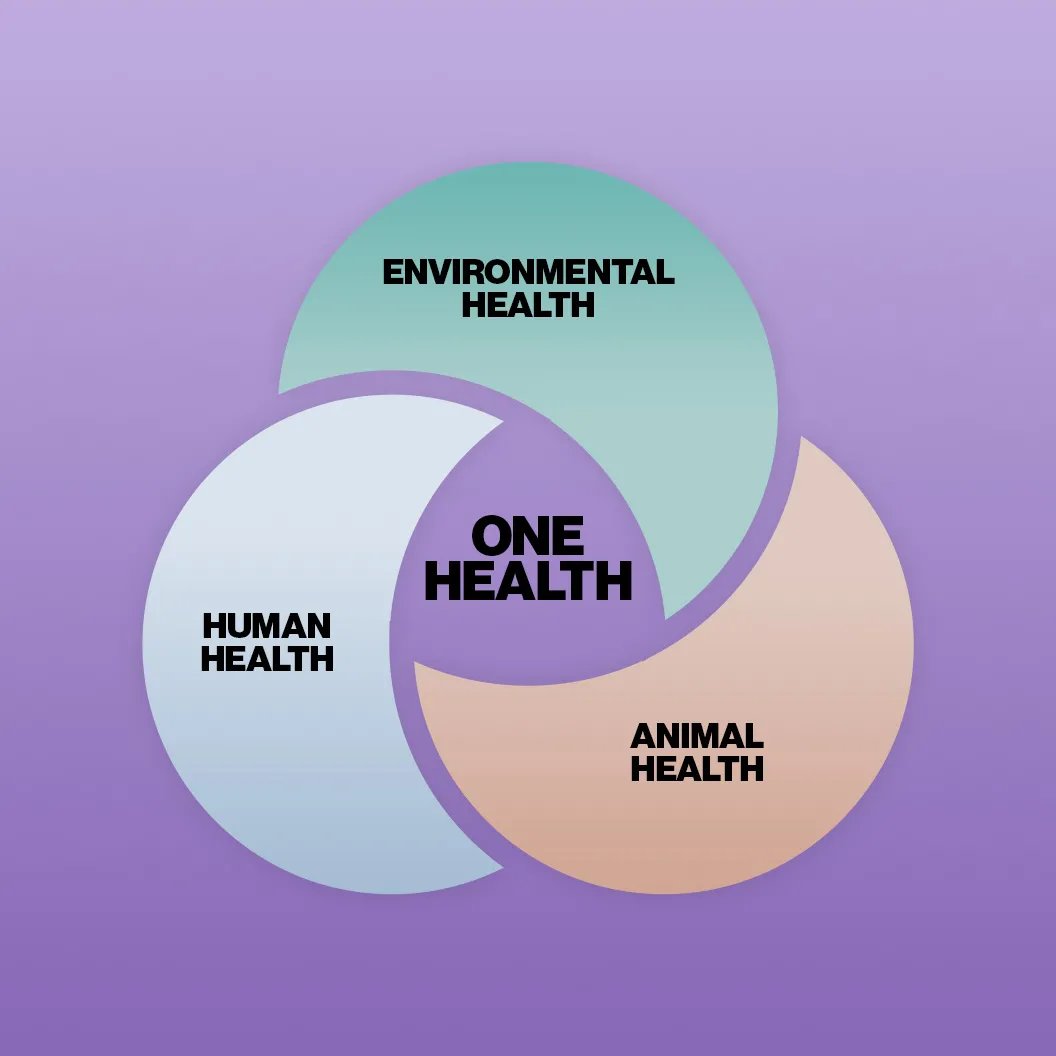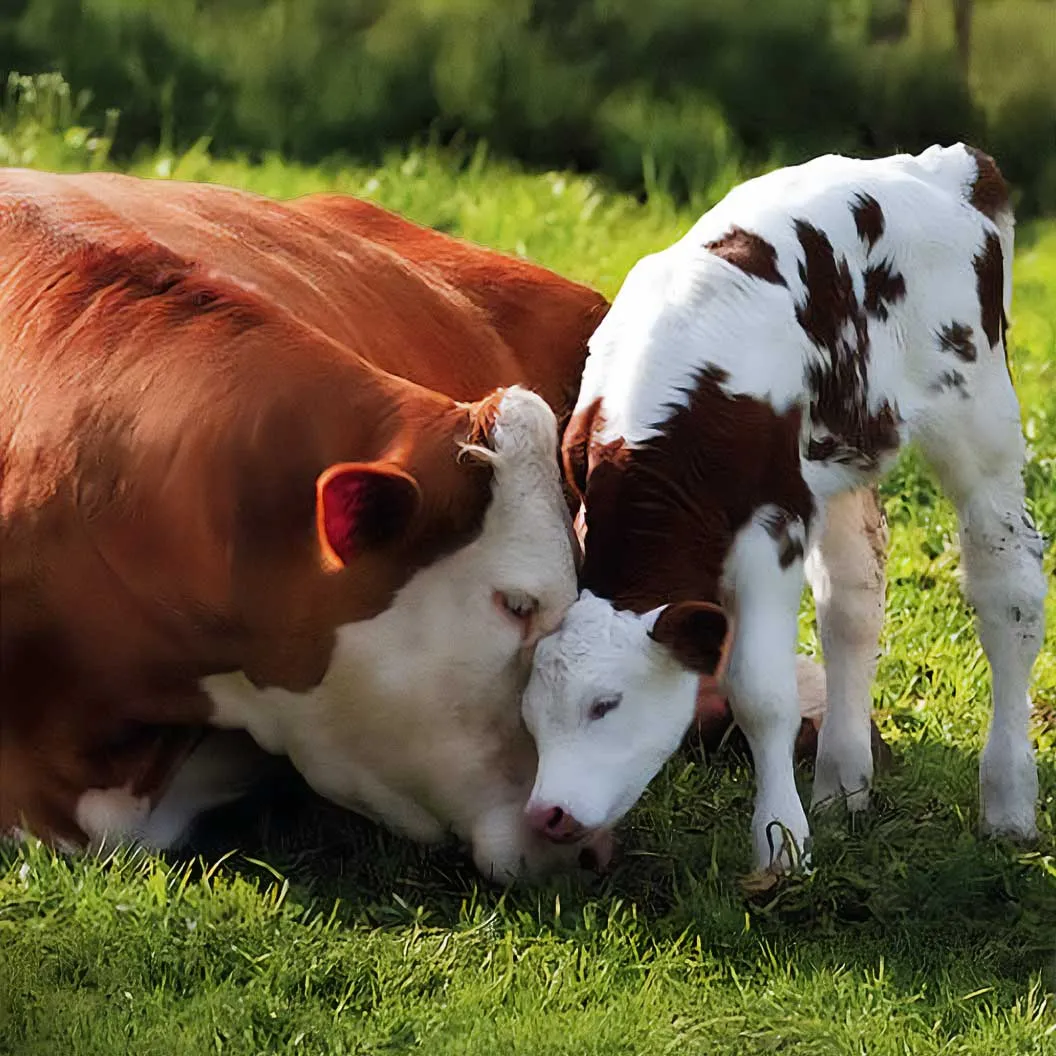The Tapestry of Life
How animal welfare impacts human health, the environment, and global sustainability. Learn about Jane Goodall's vision of the "Tapestry of Life" and how improving animal welfare is essential for the planet's sustainability.
Julián Donoso
Development Manager
21/11/2024

At AWO, we avocate for animal welfare, bringing direct benefits to human health and the planet. Our vision, in which everything is interconnected, is also shared by Jane Goodall: excessive consumption, abuse of natural resources, and loss of biodiversity negatively impact people and the environment. Animal welfare benefits multiple socioeconomic areas, ensuring sustainability and the necessary balance for the planet, essential threads to uphold the Tapestry of Life.
Animal Welfare and Its Impact on the Planet
At the Animal Welfare Observatory (AWO), we are committed to fighting for a food system free of intensive farming, driven by animal welfare, human health, and environmental protection. Jane Goodall calls this “the tapestry of life.”
Jane Goodall is an ethologist who dedicates her life to studying the social interactions of chimpanzees. From her experience, Goodall argues that every species has a role to play in the tapestry of life.
“If we continue to overconsume, waste natural resources, and fail to care for all animals while ensuring biodiversity, the tapestry will gradually unravel”
Animal Suffering in Intensive Farming
Every year, millions of animals are bred for human consumption, condemned to lives of suffering and discomfort. Crowded in tight spaces, they can barely move freely, step on clean ground, breathe fresh air, or even sleep in peace. At the end, they are often slaughtered violently and painfully.
How We Contribute to the Tapestry of Life
The fate of animals is totally linked to human beings fate, as both interact constantly with the environment. Respectful treatment of animals fosters empathy and compassion in individuals and communities, promoting mental health and positive social well-being. A better environment for animals has a direct positive impact on a better environment for producers, slaughterhouse workers, and other stakeholders in animal production.
On the other hand, intensive farming has a significant environmental impact. It is responsible for emitting pollutants and greenhouse gases that contribute to climate change. Furthermore, waste contaminates soil and aquifers. Animal welfare has a positive impact on the populations where these facilities are located, as they see their air, land, and water purified.
Consumers are increasingly aware, and their preferences are shifting towards products that do not involve animal suffering in production. More and more, they choose to buy locally produced foods out of respect for the environment and those that avoid the pain and stress caused to animals by long-distance transport.
The Urgency of Integrating Animal Welfare into Production
Improving animal welfare in farming is a crucial factor for the sustainability of food supply chains involving animal products. There is an urgent need to integrate animal welfare principles into production systems, especially those involving injuries, fear, stress, or drastic environmental changes or violent effects on animals.
Ultimately, the sustainability of the planet is at stake. Let us not forget that animal products are directly related to animal abuse, CO2 emissions, pandemics, and ecosystem destruction.







